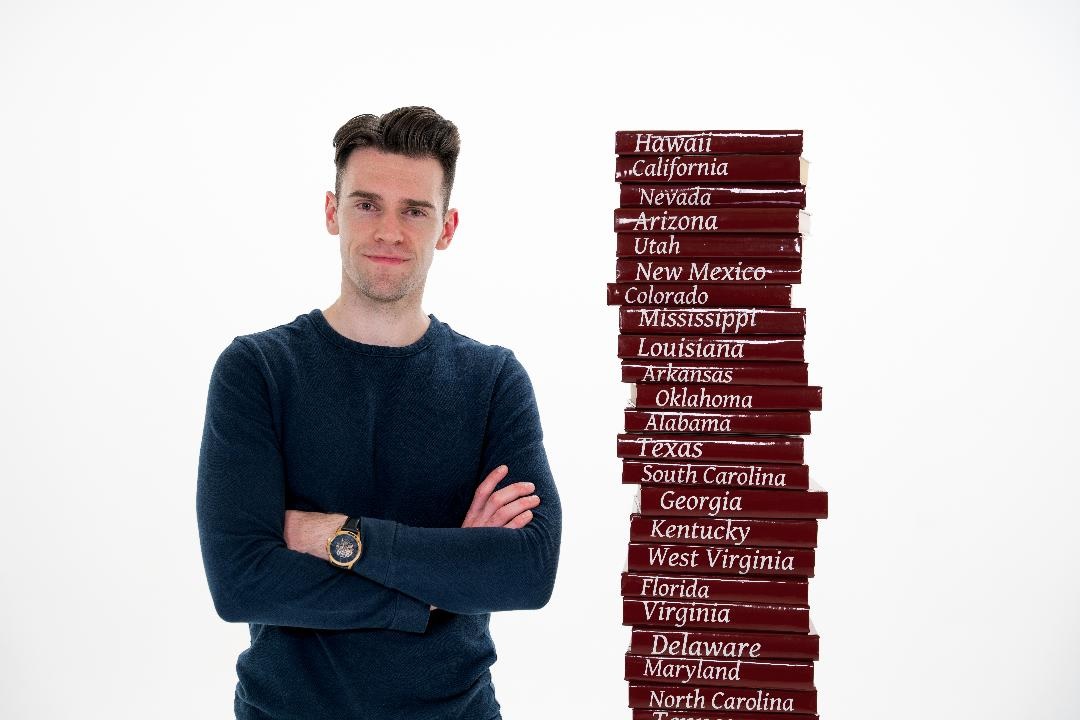 |
| Mason Engel |
Two years ago, I asked a question: "Have you heard the story about the filmmaker and self-published author who went on a cross-country road trip to introduce himself and his new sci-fi novel to independent bookstores, even though the book had been published through Amazon's Createspace service? Spoiler alert: This story has a surprise happy ending."
Over the course of two summers--in 2019 and pandemic-wracked 2020--Mason Engel lived out of his car and interviewed dozens of indie booksellers around the country, asking a simple-yet-complex question: "Why should we shop indie?" Despite the many challenges involved in this quest, the trips were ultimately both life- and mind-altering for the filmmaker.
The Bookstour has played at several national book festivals and on public TV. Engel's follow-up docushort, Story Road, in which several authors share their origin stories, premiered on public television this summer.
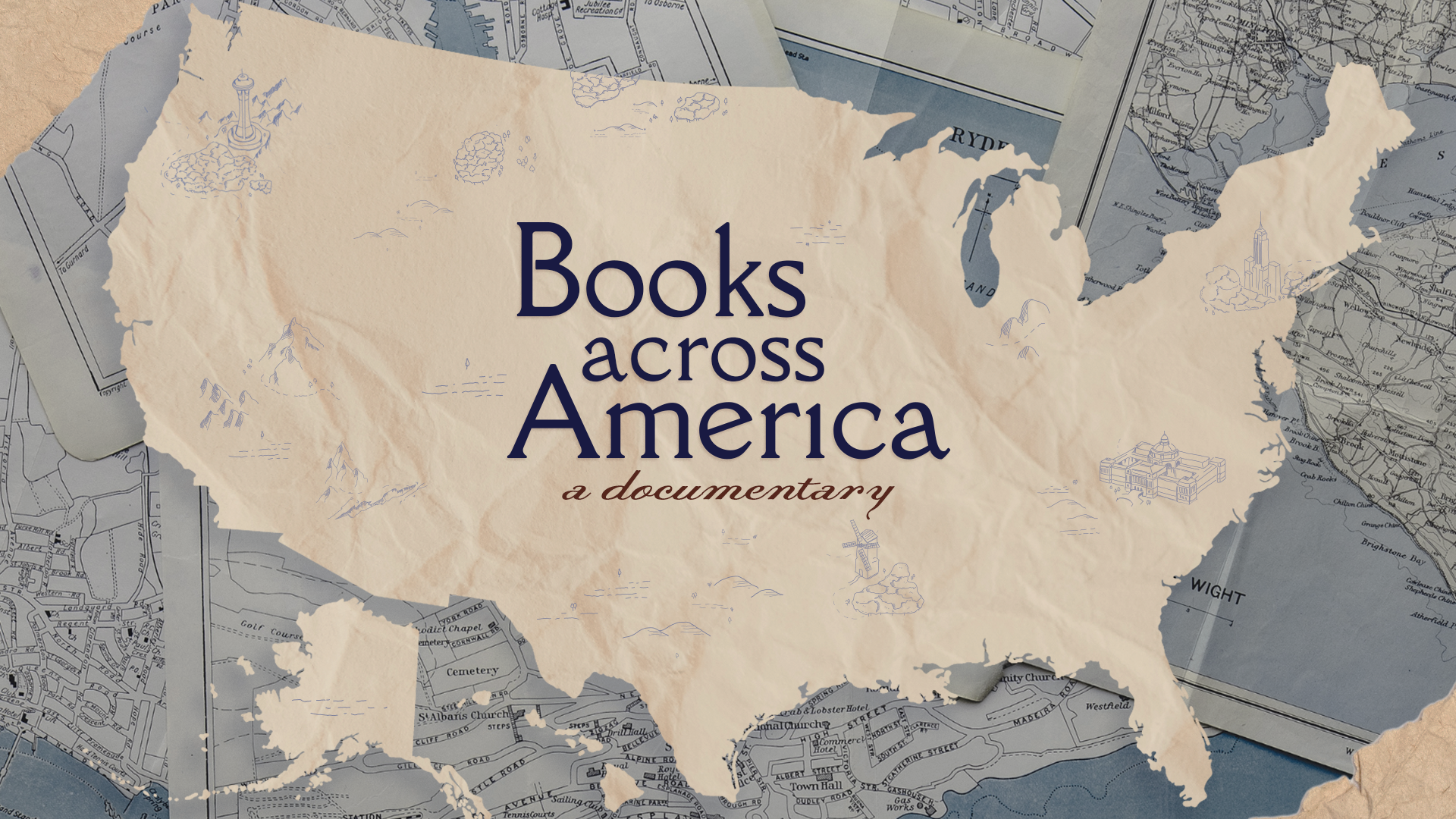 The filmmaker's latest project is an upcoming, feature-length documentary, Books Across America. This treatise on why we tell stories chronicles a new adventure, during which Engel traveled to 50 states, read 50 books, and interviewed 50 authors, all in 50 days. After finishing each book, he would talk with the writer at their favorite local bookstore. Featured authors include James Patterson (Fla.), Joyce Carol Oates (N.J.), David Baldacci (Va.), Ross Gay (Mich.), Ann Patchett (Tenn.), Tayari Jones (Ga.), Leigh Bardugo (Calif.), Walter Mosley (N.Y.), James Lee Burke (Mont.), and Brandon Sanderson (Utah).
The filmmaker's latest project is an upcoming, feature-length documentary, Books Across America. This treatise on why we tell stories chronicles a new adventure, during which Engel traveled to 50 states, read 50 books, and interviewed 50 authors, all in 50 days. After finishing each book, he would talk with the writer at their favorite local bookstore. Featured authors include James Patterson (Fla.), Joyce Carol Oates (N.J.), David Baldacci (Va.), Ross Gay (Mich.), Ann Patchett (Tenn.), Tayari Jones (Ga.), Leigh Bardugo (Calif.), Walter Mosley (N.Y.), James Lee Burke (Mont.), and Brandon Sanderson (Utah).
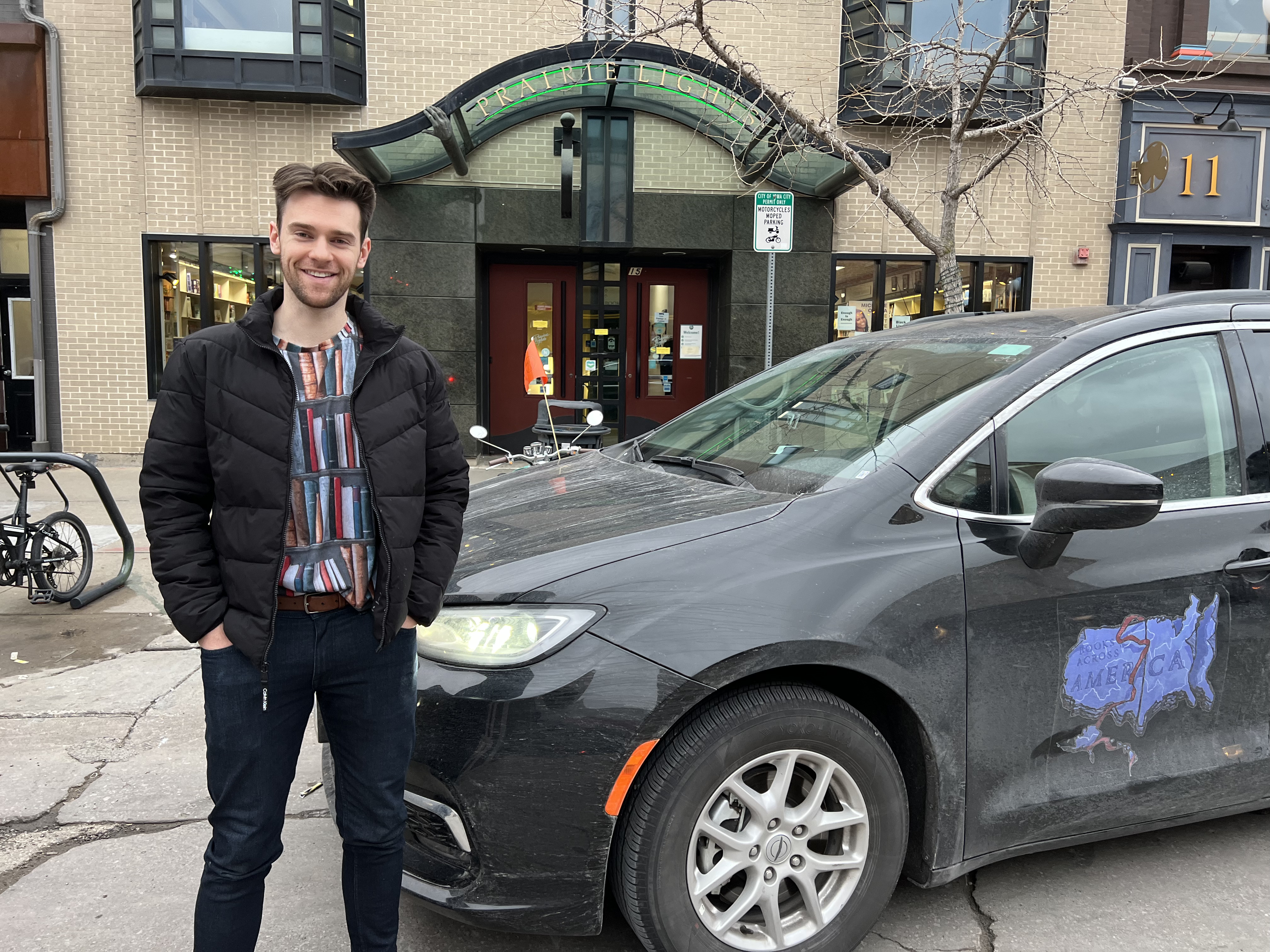 |
| Engel outside Prairie Lights, Iowa City, Iowa |
Noting that Books Across America "is about the journeys we take, the stories we tell ourselves, and the questions we might not ask," Engel chose to ask the big questions anyway: What is a Great American Novel? Why do books matter? Why do we read?
A Kickstarter campaign is currently underway for Books Across America, with an August 15 deadline. The reward tiers include some specifically for bookstores. For $250, a store can host a virtual screening, and for $500 an in-person screening. Engel will attend virtually for the virtual screening and live for the in-person screening. He said he plans to do as many screenings as possible: "In the name of accessibility, I won't be charging for these screenings. Of course, I won't be able to go everywhere. So while bookstores don't have to buy one of these tiers to get access to the film, they can reserve their place in line."
In a recent interview, Engel, who has been working in Los Angeles for the past couple of years, said he suspects a producer hearing him pitch a film that would require 50 different locations might have immediately cited the expense and complications involved as reasons not to pursue it.
But such a producer wouldn't be accounting for what he calls the indie bookstore effect. "As has been the case for my first two films, Books Across America would not have been possible without the support of indies," Engel said. "All 50 author interviews, apart from a handful filmed in libraries and the authors' homes, were shot in bookstores. Coordinating these locations, normally a huge and expensive hurdle in film, was a cinch (special shoutout to Mystery to Me Books in Madison, Wis., for picking up my frantic phone call on Day 14 and giving us a filming location on three hours notice).
"The managers of bookstores across the country heard me describe the premise of the film, the mission behind the film, and our nonexistent budget, and they opened their doors to us. No difficulties. No location fees. Oftentimes we would leave the bookstore with free T-shirts or ARCs or some other gift, and we would travel to our next store. We wouldn't have finished the trip--indeed, wouldn't have been able to start the trip--without the support of the bookstore community."
Filming locations included Powell's Books, Portland, Ore.; Books Are Magic, Brooklyn, N.Y.; Parnassus Books, Nashville, Tenn.; and Vroman's Bookstore, Pasadena, Calif.
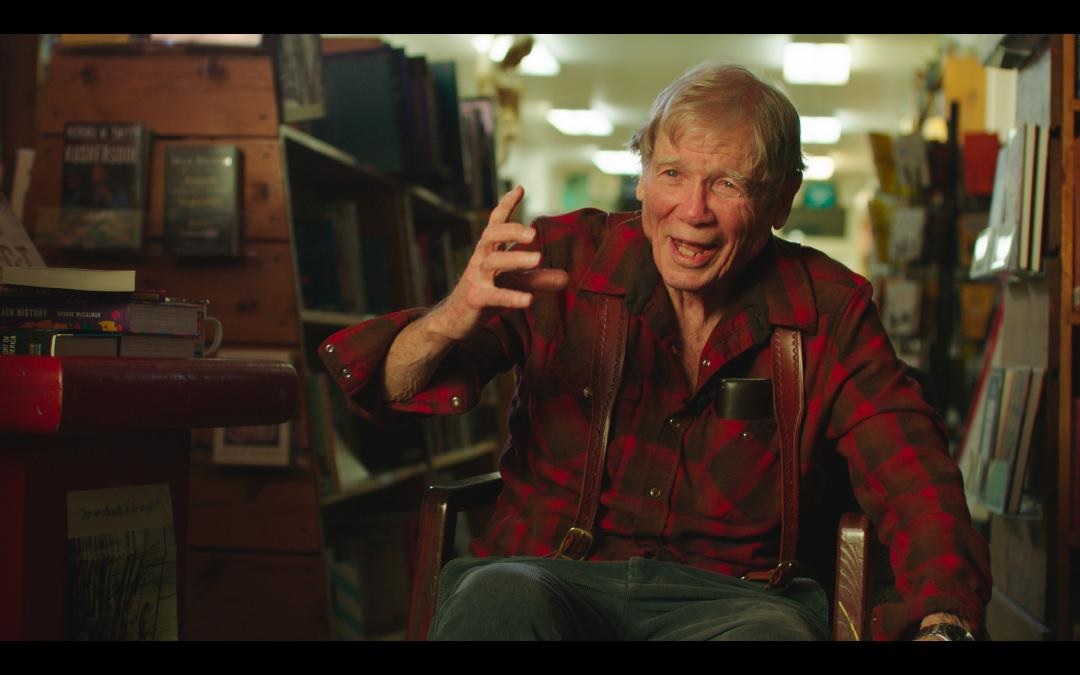 |
| James Lee Burke |
"I know these places for the book-world capitals they are, but my crew didn't," Engel recalled. "Sometimes I would pause during an interview set up and try to drive this point home. 'You have to have heard about Square Books [Oxford, Miss.]. It's like the bookstore Mecca of the South.' Or 'You know Faulkner actually lived in that house, right?' They were always impressed by these statements, but mostly they were impressed by the stores themselves, not because of commercial or historic significance, but because of the small things, the reasons anyone loves a bookstore. The staircase outside Francie & Finch in Lincoln, Neb. The postcards and ephemera in Fargo, N.Dak.'s Zandbroz. The bookstore dog in Black Garnet [St. Paul, Minn.]. The list goes on. So, of course, I got to extend my love affair with indie bookstores. But I also got to watch my crew fall in love with bookstores, and that was just as special."
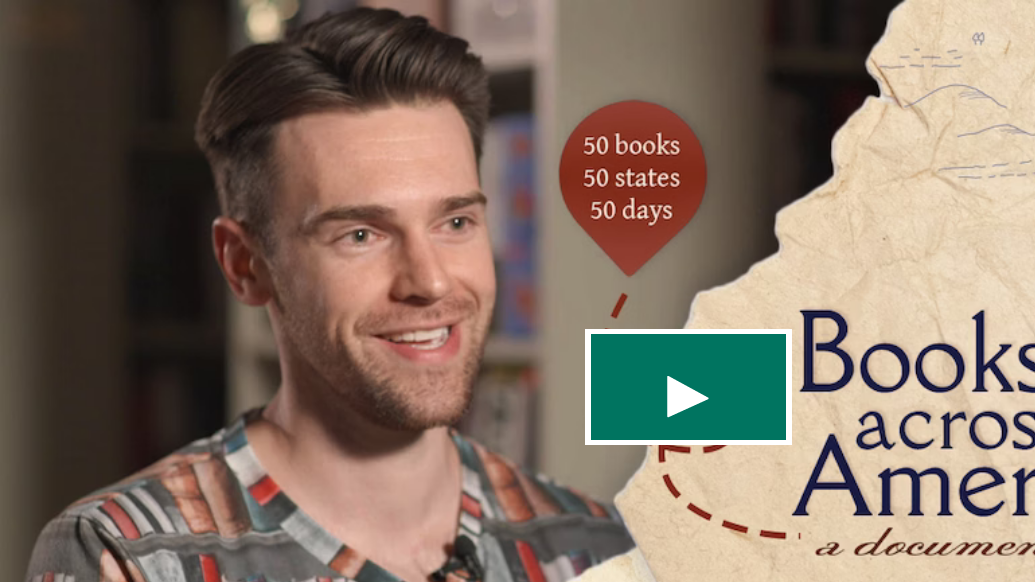 Engel also observed that it was more common for him to be surprised by the authors he spoke with than for his expectations to be spot-on: "I was consistently struck by how little I knew a person after reading a book they'd written. But that was on the surface. The longer these conversations with the authors went on, the more hints of their book I would hear in their speech. I suppose if I had read their book after our conversation, I would have been struck by the inverse and claimed to hear echoes of the author in their work. Whatever the case, I found myself thinking about the ability of books to expose the writer and open up the reader. These two functions build a sturdy bridge between authors and their fans, and I was delighted to walk over 50 such bridges on the road."
Engel also observed that it was more common for him to be surprised by the authors he spoke with than for his expectations to be spot-on: "I was consistently struck by how little I knew a person after reading a book they'd written. But that was on the surface. The longer these conversations with the authors went on, the more hints of their book I would hear in their speech. I suppose if I had read their book after our conversation, I would have been struck by the inverse and claimed to hear echoes of the author in their work. Whatever the case, I found myself thinking about the ability of books to expose the writer and open up the reader. These two functions build a sturdy bridge between authors and their fans, and I was delighted to walk over 50 such bridges on the road."
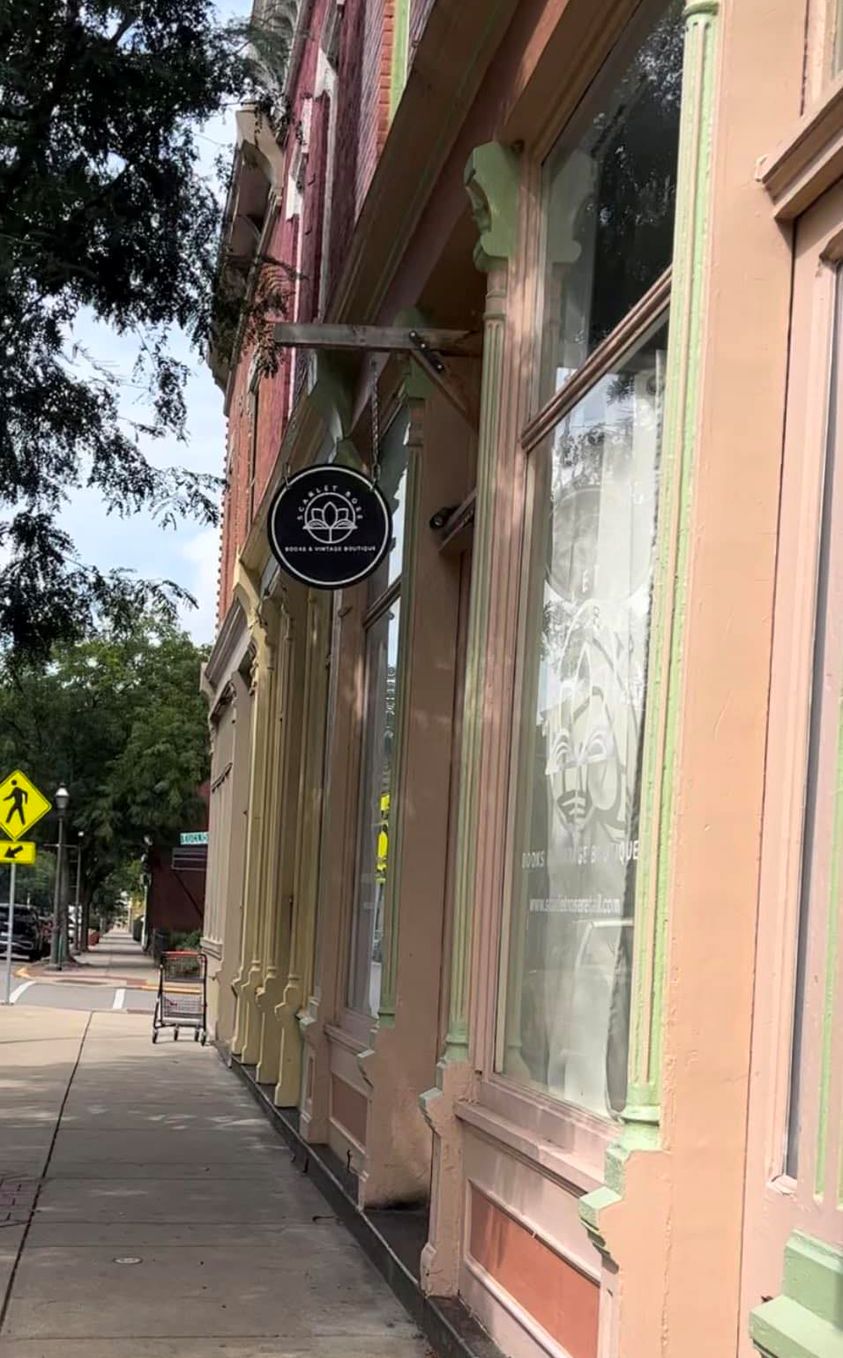 Jeremy and Autumn Spencer, who closed the Tome Bookstore, Cincinnati, Ohio, in May with a promise that they would return with a reimagined business, will open Scarlet Rose Books & Vintage Boutique at 220 Elm St. in Ludlow, Ky., on September 9. The new shop is named after their daughters and is across the Ohio River from Cincinnati.
Jeremy and Autumn Spencer, who closed the Tome Bookstore, Cincinnati, Ohio, in May with a promise that they would return with a reimagined business, will open Scarlet Rose Books & Vintage Boutique at 220 Elm St. in Ludlow, Ky., on September 9. The new shop is named after their daughters and is across the Ohio River from Cincinnati.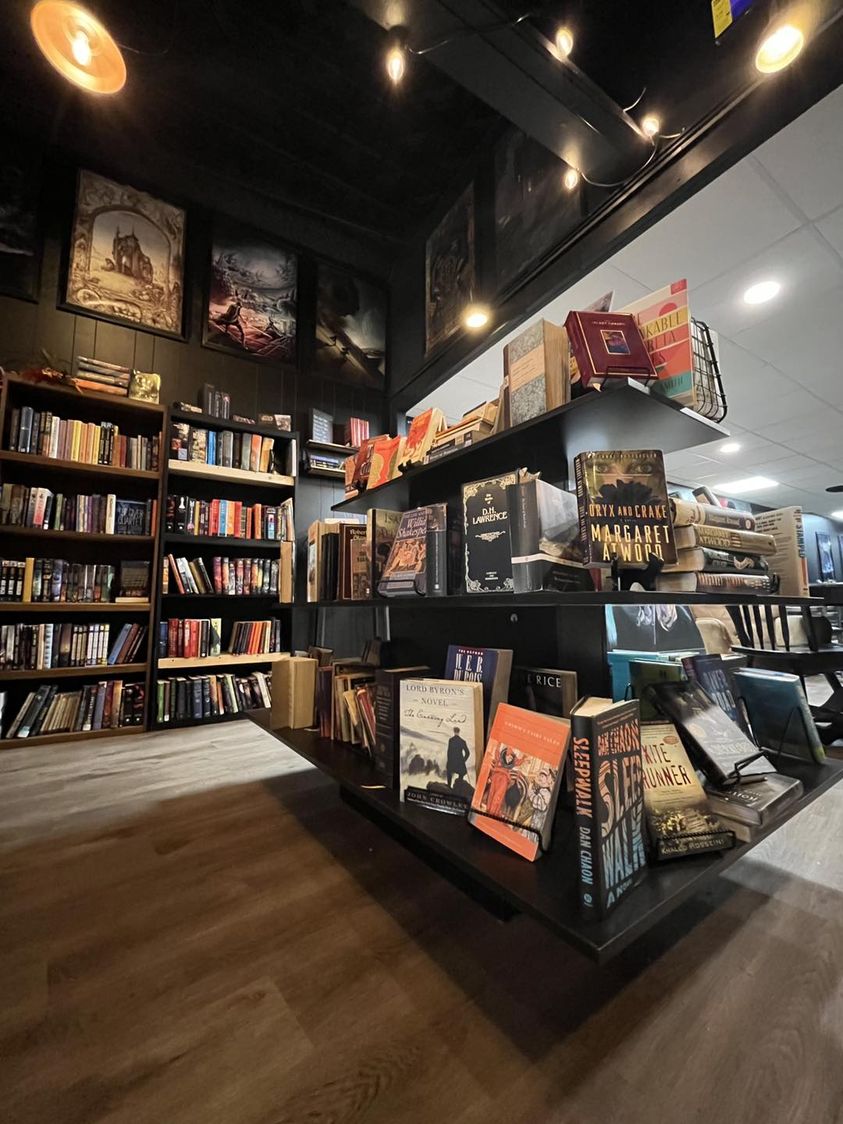 Scarlet Rose Books & Vintage Boutique "aims to bring you an enchanting blend of literature, fashion, and timeless treasures," the owners noted, adding that the location "adds a touch of natural beauty to the experience.... We extend our heartfelt gratitude to the neighbors and community that have been nothing short of amazing. Your warmth and encouragement have fueled our determination to create a space that resonates with your interests and desires. At Scarlet Rose Books & Vintage Boutique, you'll find not only an array of new books that will spark your imagination but also a curated collection of cozy clothes, jewelry, accessories, and vintage items that reflect the spirit of our customers.
Scarlet Rose Books & Vintage Boutique "aims to bring you an enchanting blend of literature, fashion, and timeless treasures," the owners noted, adding that the location "adds a touch of natural beauty to the experience.... We extend our heartfelt gratitude to the neighbors and community that have been nothing short of amazing. Your warmth and encouragement have fueled our determination to create a space that resonates with your interests and desires. At Scarlet Rose Books & Vintage Boutique, you'll find not only an array of new books that will spark your imagination but also a curated collection of cozy clothes, jewelry, accessories, and vintage items that reflect the spirit of our customers.




IPC.0204.S3.INDIEPRESSMONTHCONTEST.gif)




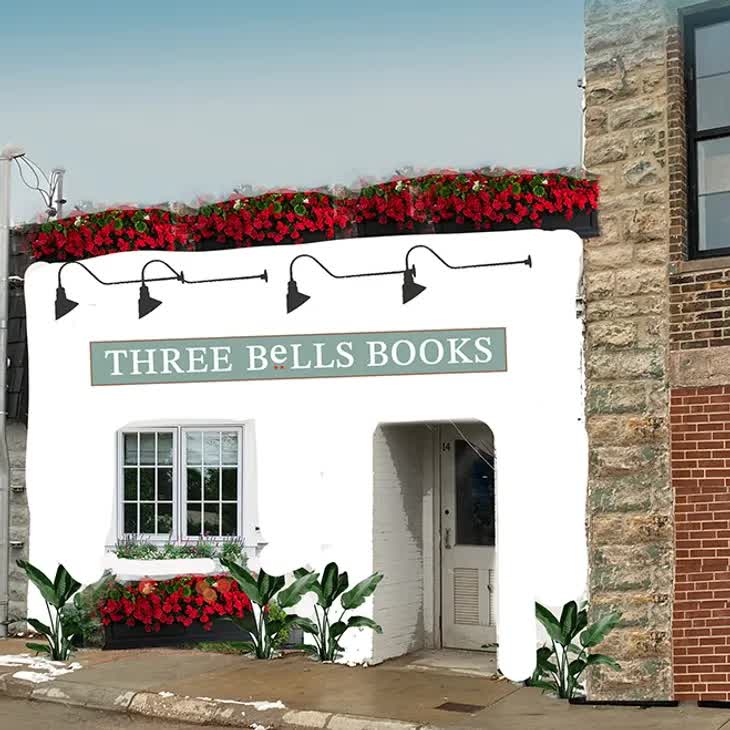 An all-ages, general-interest bookstore called
An all-ages, general-interest bookstore called 

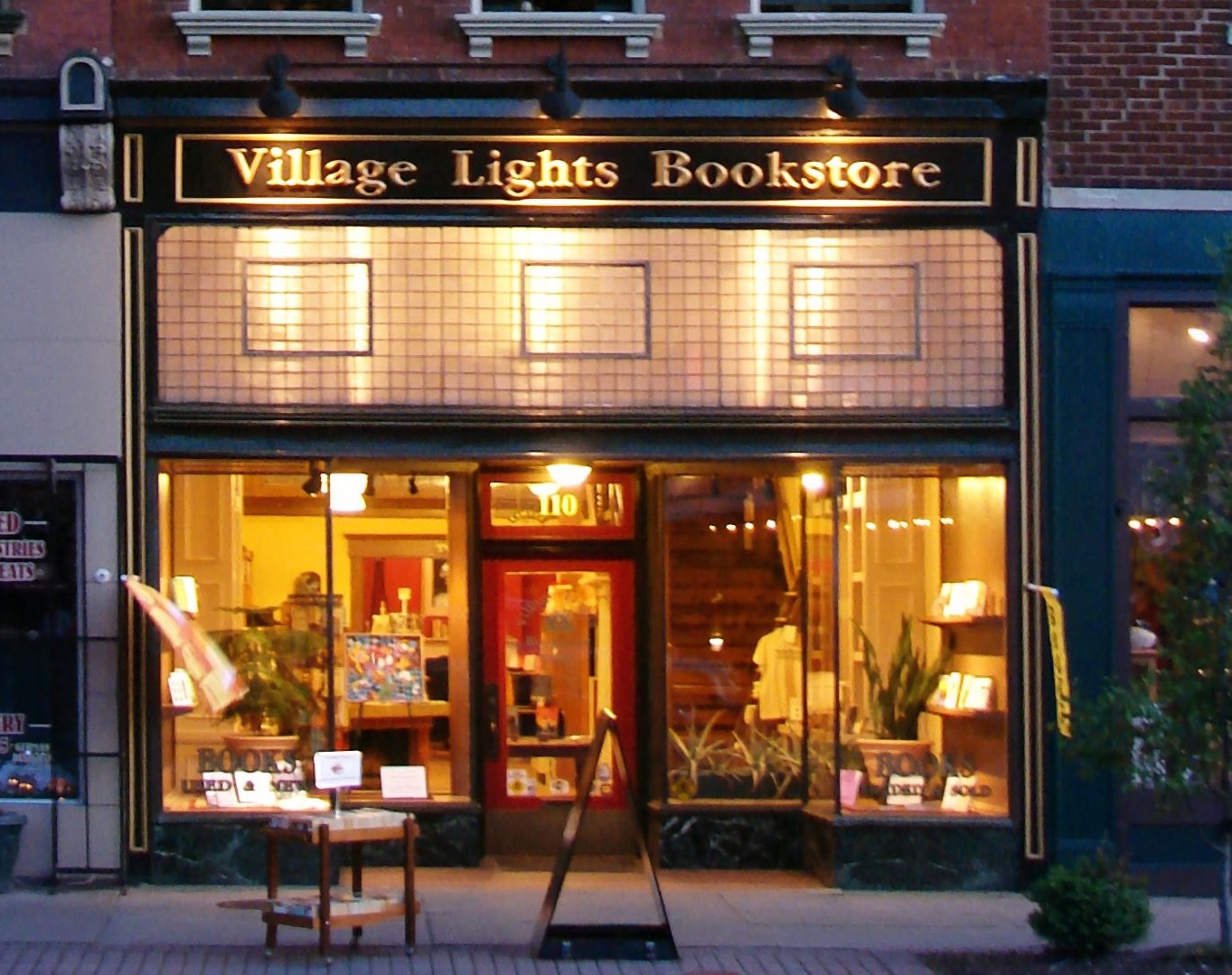 Nathan Montoya and Annette Vestuto, owners of
Nathan Montoya and Annette Vestuto, owners of IPC.0211.T4.INDIEPRESSMONTH.gif)
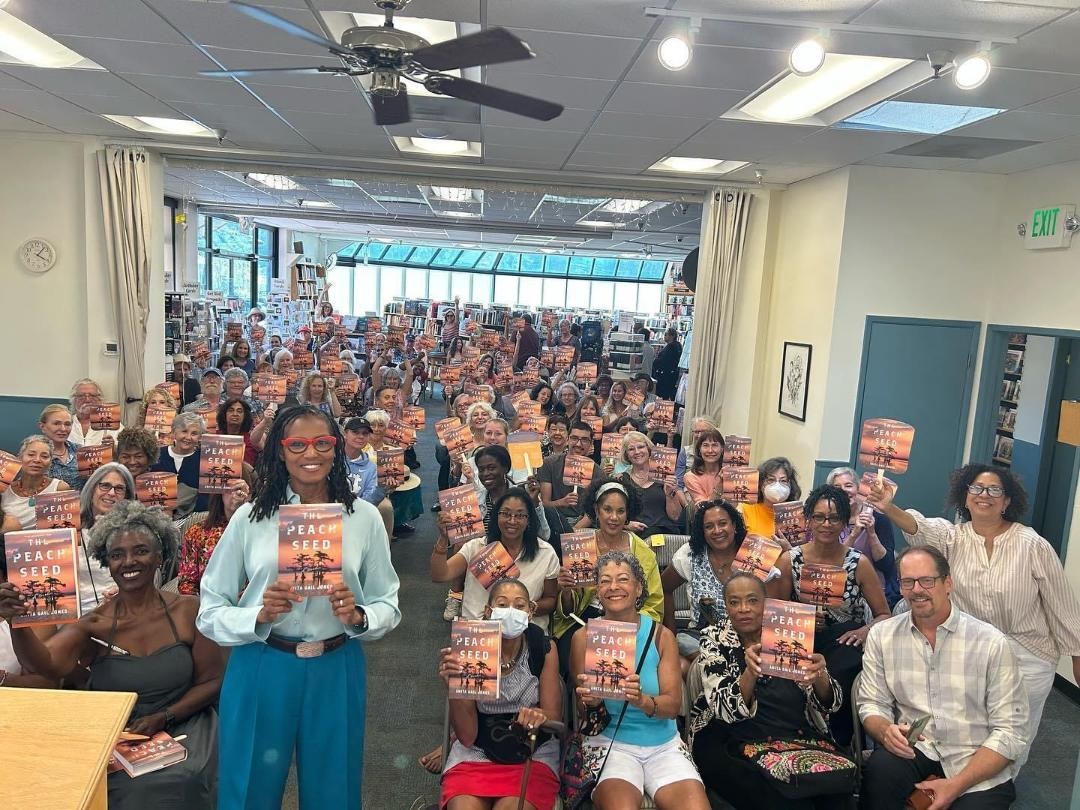 Last weekend,
Last weekend, 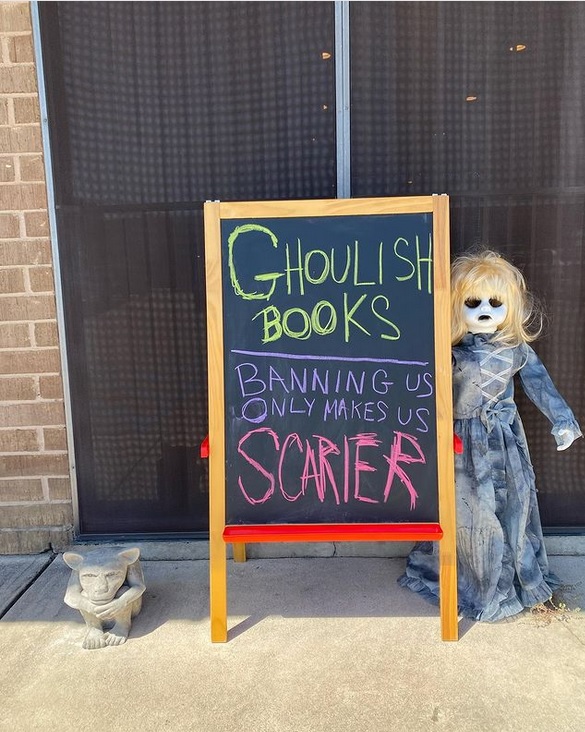
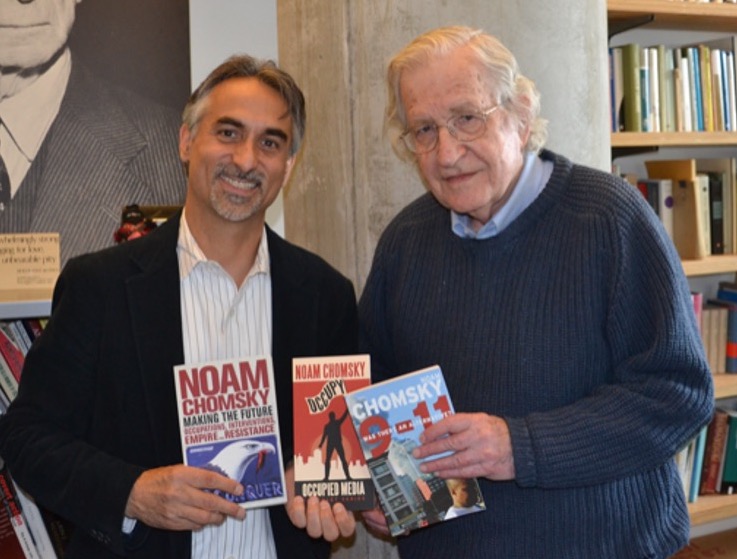
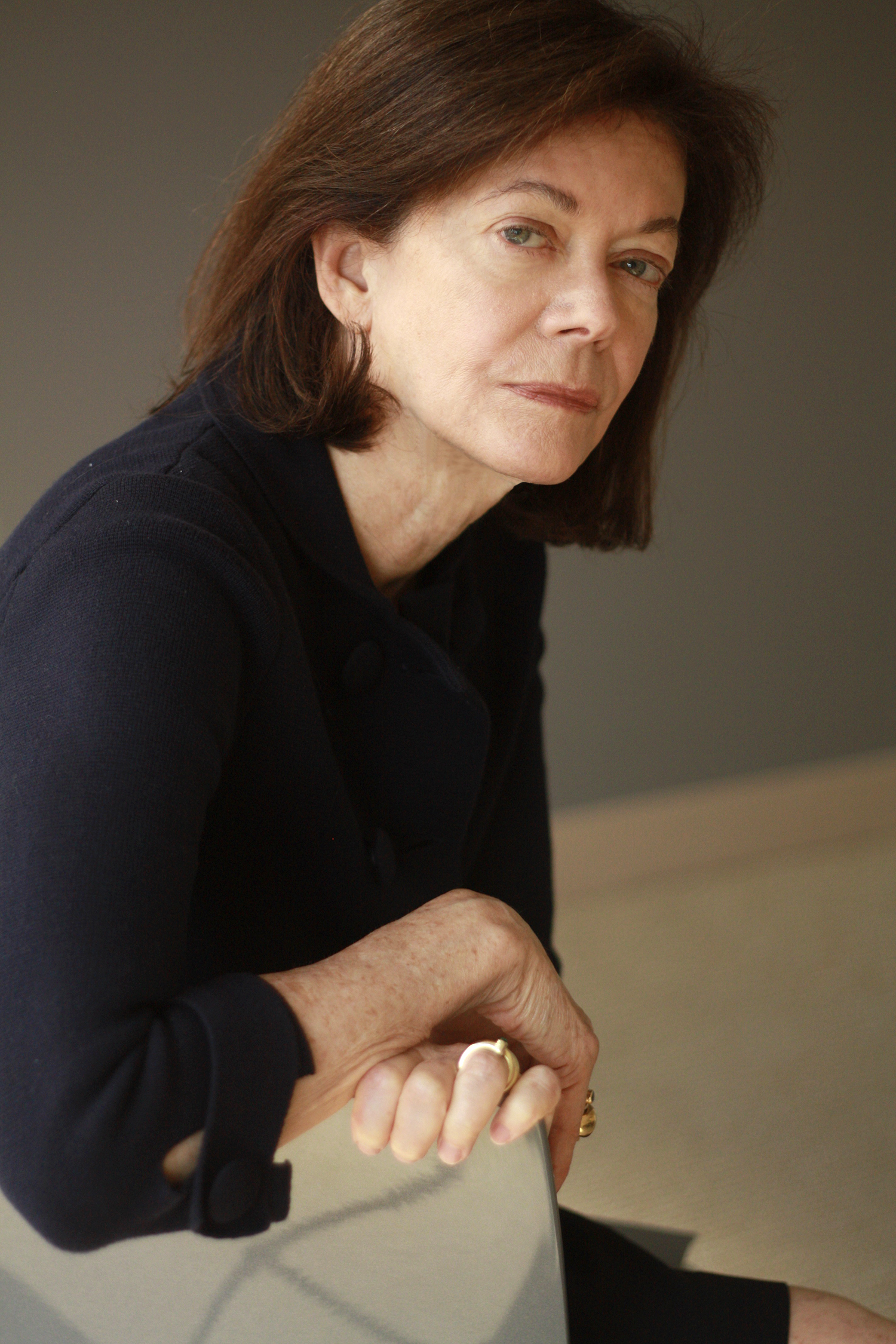
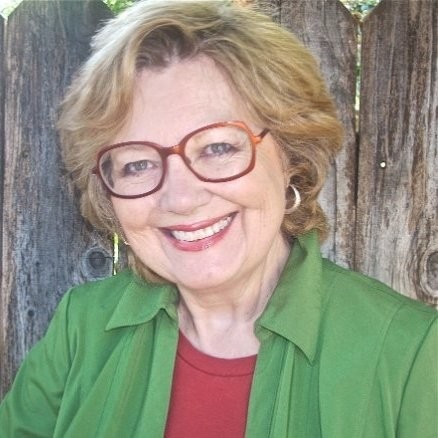 In an article last month in the Sunday Los Angeles Times, Kerry Slattery, who was the co-founder, co-owner, and general manager of
In an article last month in the Sunday Los Angeles Times, Kerry Slattery, who was the co-founder, co-owner, and general manager of 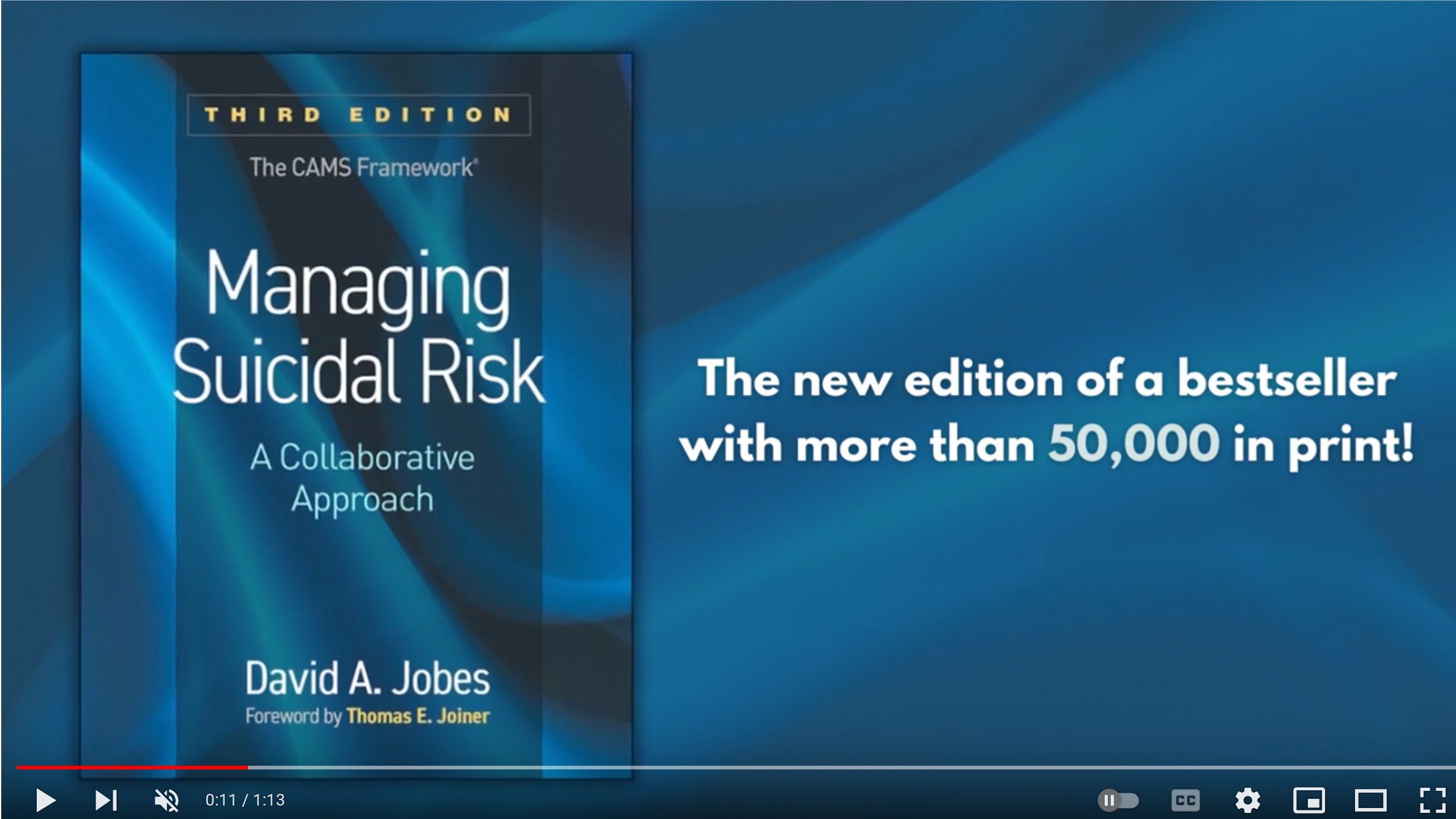 Managing Suicidal Risk: A Collaborative Approach (Third Edition)
Managing Suicidal Risk: A Collaborative Approach (Third Edition)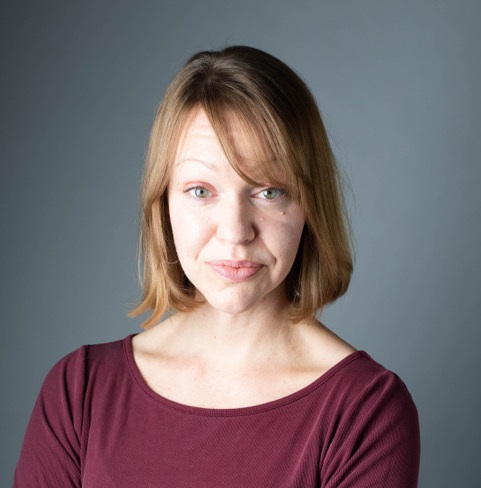
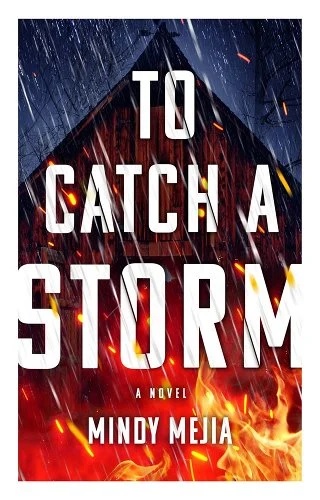 Book you're an evangelist for:
Book you're an evangelist for: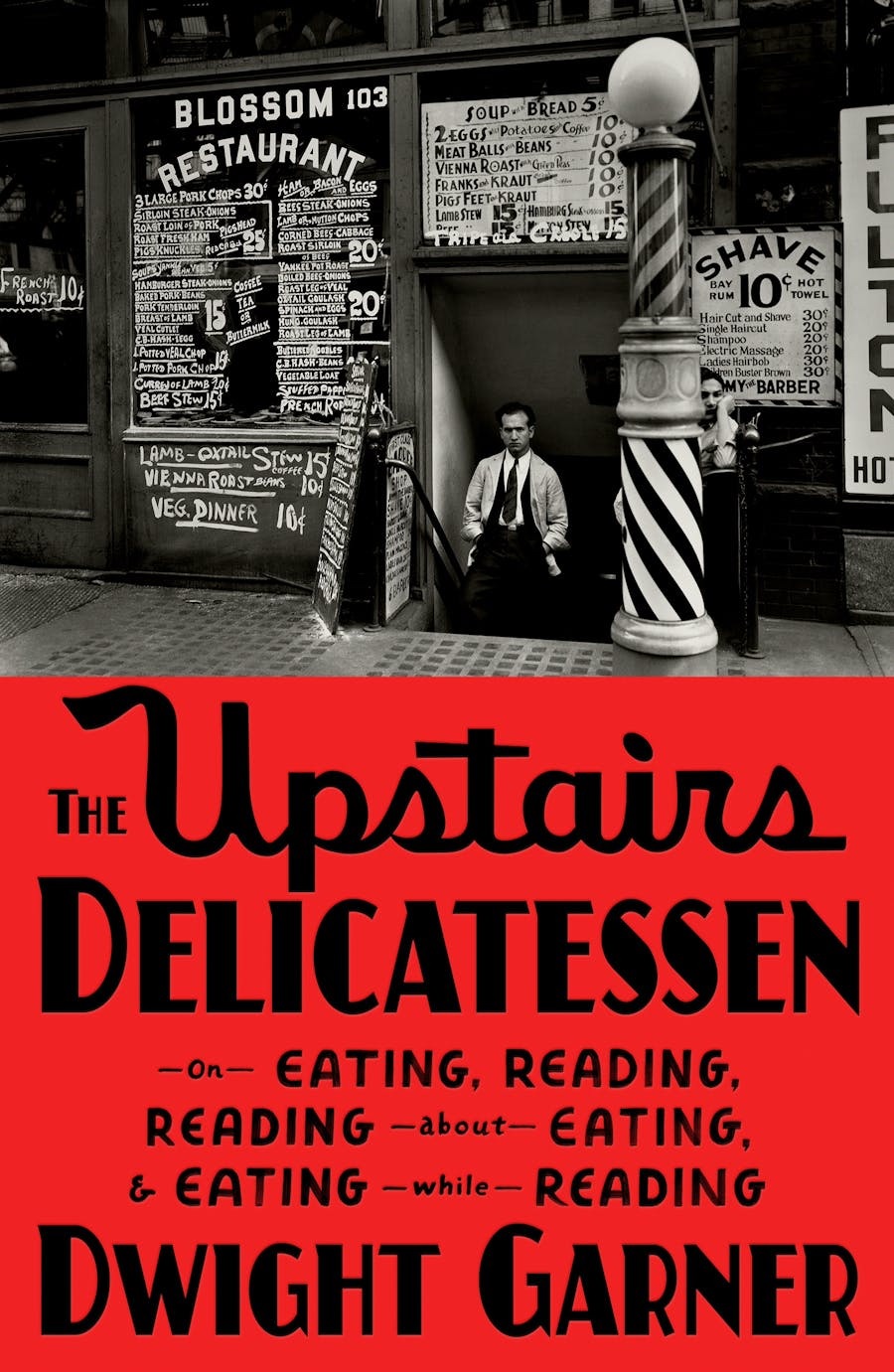 With the high-spirited charmer The Upstairs Delicatessen: On Eating, Reading, Reading About Eating, and Eating While Reading, book critic Dwight Garner merges two loves of his life, although the union didn't require much of a mental leap. As he puts it, "Reading and eating, like Krazy and Ignatz, Sturm und Drang, prosciutto and melon, Simon and Schuster, and radishes and butter, have always, for me, simply gone together."
With the high-spirited charmer The Upstairs Delicatessen: On Eating, Reading, Reading About Eating, and Eating While Reading, book critic Dwight Garner merges two loves of his life, although the union didn't require much of a mental leap. As he puts it, "Reading and eating, like Krazy and Ignatz, Sturm und Drang, prosciutto and melon, Simon and Schuster, and radishes and butter, have always, for me, simply gone together."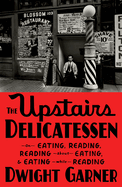

 The filmmaker's latest project is an upcoming, feature-length documentary,
The filmmaker's latest project is an upcoming, feature-length documentary, 

